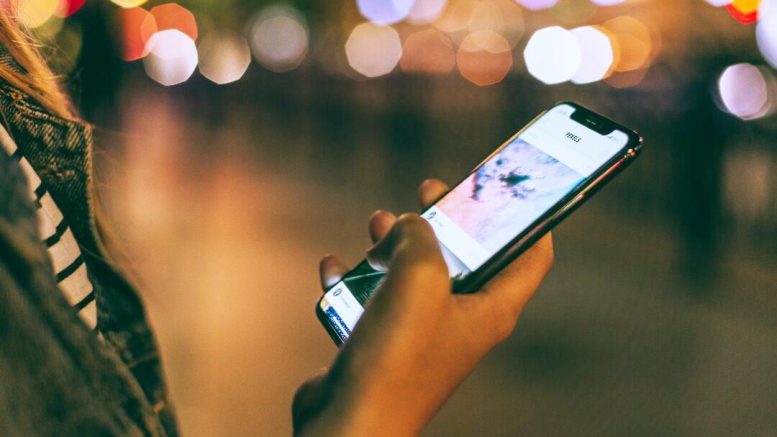Six Years After First Identifying the Selfie-Inspired Cosmetic Surgery Trend, AAFPRS Members Continue to Urge Caution
Virtual reality makeover apps and photo filters can be loads of fun. Who wouldn’t want to see what they may look like with a smaller nose, fuller lips or a blemish-free complexion? Why not try on that new lipstick shade before you buy it while in the comfort of your own home?
These apps and filters are all the rage and for some users, they can be fun, fulfilling and even help them to visualize a potential new look and express their desires to a board-certified facial plastic surgeon during a consultation.
But there may be a not-quite-so hidden dark side to their growing use, warn members of the American Academy of Facial Plastic and Reconstructive Surgery (AAFPRS), namely fostering unrealistic expectations about the results of a procedure and possibly triggering body dysmorphic disorder (BDD) in susceptible individuals. BDD is a mental disorder in which a person is preoccupied with an imagined or minor physical defect.
The AAFPRS was the first organization to highlight and quantify the uptick of requests for facial plastic surgery procedures due to social media during their 2013 annual member survey, and the numbers have increased dramatically since that time.
Now more than half of facial plastic surgeons report that they are seeing a rise in the number of patients seeking a cosmetic procedure due to dissatisfaction with their social media profile (62%) and 57% of facial plastic surgeons say patients are seeking cosmetic procedures to look better in selfies, Instagram, SnapChat, Facebook Live and other social media sites.
“These numbers should give us all pause,” says Phillip R. Langsdon, MD, president of the AAFPRS. “We are seeing a growing number of individuals with ‘Snapchat Dysmorphia,’ the name given to patients who seek out plastic surgery to look like edited images of themselves and/or celebrities,” he says. Some of these individuals may be at risk for BDD.
“Treating people with BDD to correct a perceived flaw is a slippery and dangerous slope, as they will likely not be satisfied with the results,” says Dr. Langsdon. “These patients are best referred to mental health care providers.”
Others may be disappointed with the outcome of the procedure as these apps and filters are not meant to represent actual results. “They can help give surgeons an idea of what you are unhappy about and trying to fix, but by no means are these images akin to what can or will be achieved with your surgery,” adds Dr. Langsdon.
The same is true with celebrity emulation – which is also fueled by these apps and filters. “Showing images of celebrity features, even edited ones, that you admire can be helpful, but it’s important to remember that the Duchess of Cambridge Kate Middleton’s nose looks great…on Kate Middleton.”
Trust your face to a board-certified facial plastic surgeon. “A facial plastic surgeon will be able to tell you what is possible and desirable with a given procedure,” says Dr Langsdon.
Board-certified facial plastic surgeons specialize in surgery of the face, head and neck. Always choose a physician based on qualifications, not price to stay safe and get the results you’re looking for.
Find one near you now, www.aafprs.org/patient/finder/

